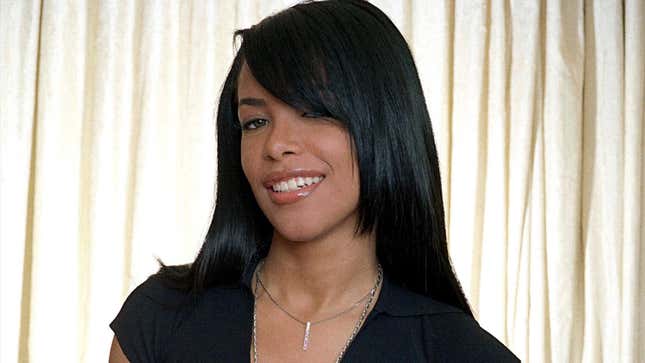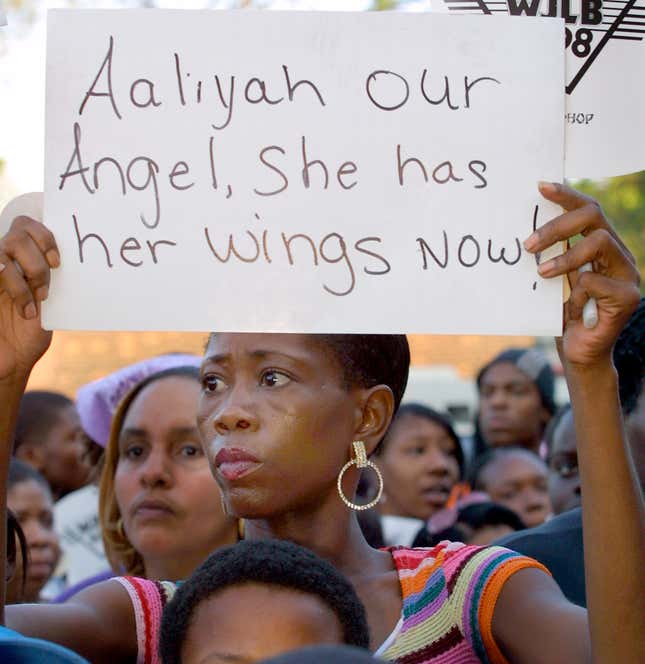What Aaliyah Left Us
Twenty years ago, a maverick entertainer died far too young. A legend was born
EntertainmentMusic

The story told in veteran music journalist Kathy Iandoli’s new biography Baby Girl: Better Known as Aaliyah is incomplete—and admittedly so. There are just so many things about Aaliyah Dana Haughton’s life that haven’t been shared and may never be, given her untimely death at 22 on August 25, 2001, and her family’s fierce maintenance of privacy. “Even now still there are inconclusive fragments to the story,” writes Iandoli of the plane crash that claimed the life of Aaliyah, and eight others. (Which members of her entourage were pushing to take off in the small Cessna plane that they were warned was overloaded seems impossible to discern, for example.) Details of Aaliyah’s relationships, like that with her collaborator Stephen Ellis Garrett (aka Static Major, who co-wrote many of her hits and much of her self-titled final studio album), are fuzzy. Particularly opaque is how things went down with R. Kelly, who married Aaliyah (with the help of a fake ID) when she was 15 and he was 27.
That’s obviously a delicate matter, and Aaliyah and her family effectively locked it away almost immediately after the union was dissolved (reportedly within a month). In the 2019 book Soulless: The Case Against R. Kelly, Chicago-based journalist Jim DeRogatis (responsible for breaking and keeping with the story of Kelly’s predation and abuse of underage girls) recounts an anonymous executive at Virgin, the label that released Aaliyah’s final album months before her death, saying: “Whenever R. Kelly comes up she doesn’t even speak his name. When she came over to this label, we were all told on the sly, ‘Don’t ever bring up R. Kelly’s name.’ It’s just one of those weird topics.”
As much as it reduces the juicy factor of Iandoli’s book, the not-telling that is so palpable in Baby Girl represents its subject’s own relationship with her public. Aaliyah had what has largely gone missing in the age of social media: mystique. She spent much of her first album cycle behind black sunglasses. When they came off, she hid an eye behind a swoosh of bangs (Iandoli points out that this led to rumors that she had some sort of physical issue with her left eye). She openly held back. Her demeanor was relaxed, her persona had the same kind of spaces in the beats that Timbaland designed for her. They were there by design, a conscious absence as present as sound itself. This was key to what made Aaliyah and her music so alluring.
-

-

-

-

-

-

-

-

-

-

-

-

-

-

-

-

-

-

-

-

-

-

-

-

-

-

-

-

-

-

-

-

-

-

-

-

-

-

-

-









































